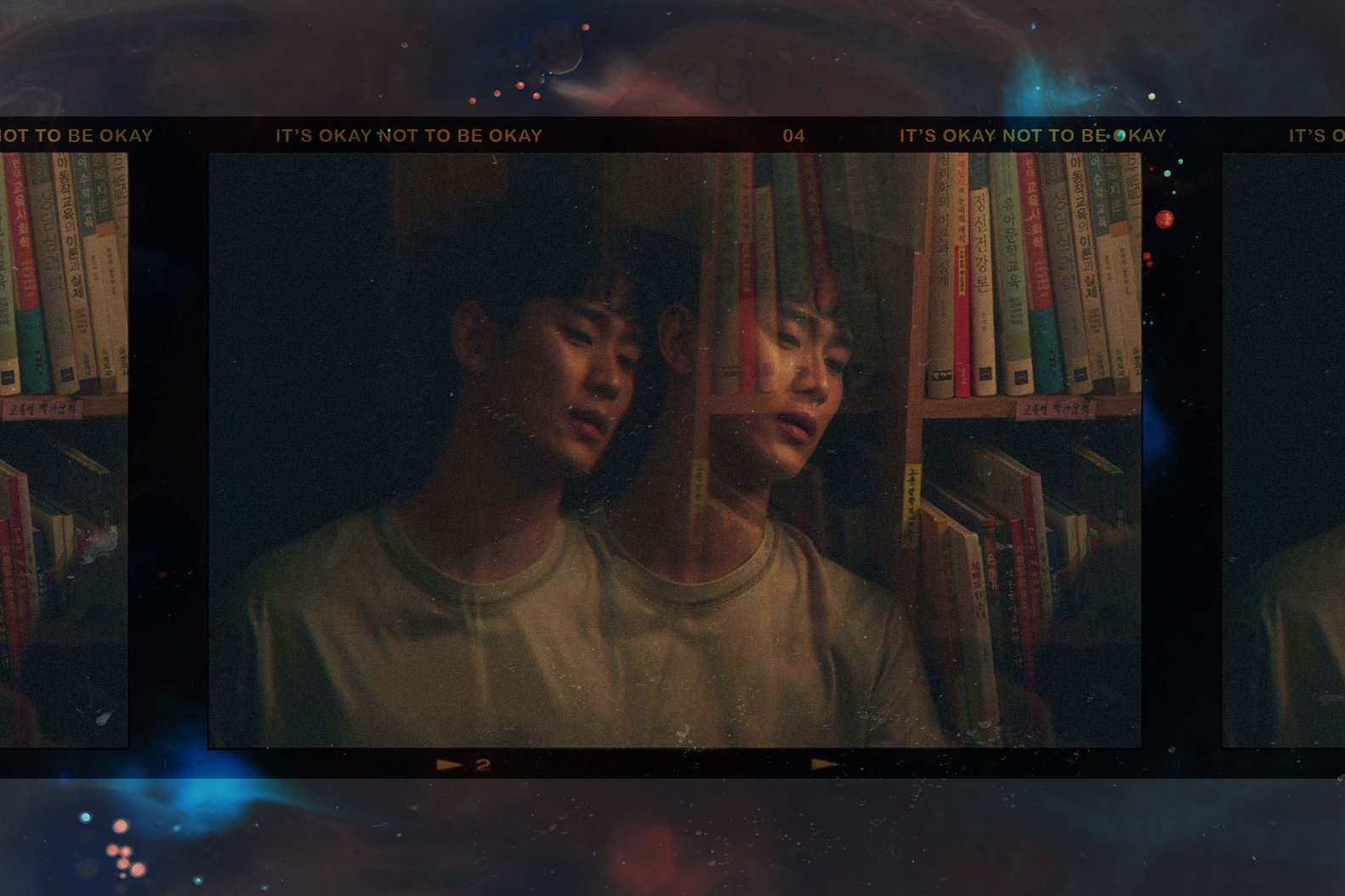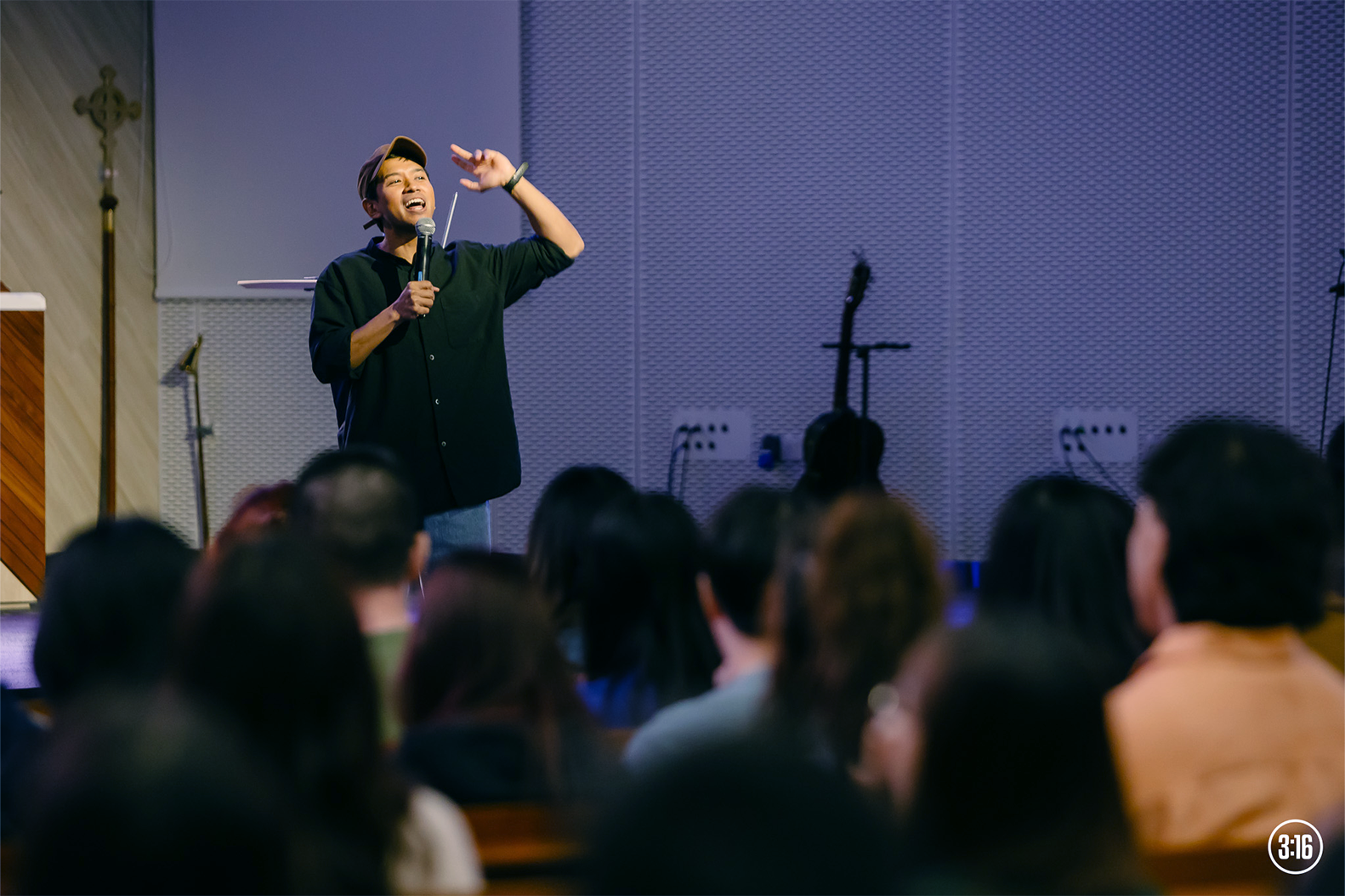WARNING: SPOILERS UP TO EPISODE 4!
I have to say, Kim Soo Hyun’s ongoing comeback drama, It’s Okay to Not To Be Okay (or in original Korean, “Psycho but That’s Okay”) has not been okay for my tender heart.
A quick introduction: Kim Soo Hyun plays the role of a selfless younger sibling to an autistic brother. His character, Moon Kang Tae, loves his brother, Moon Sang Tae, dearly, but years of being the sole caregiver have clearly taken an emotional toll on him, as their parents passed away when they were young.
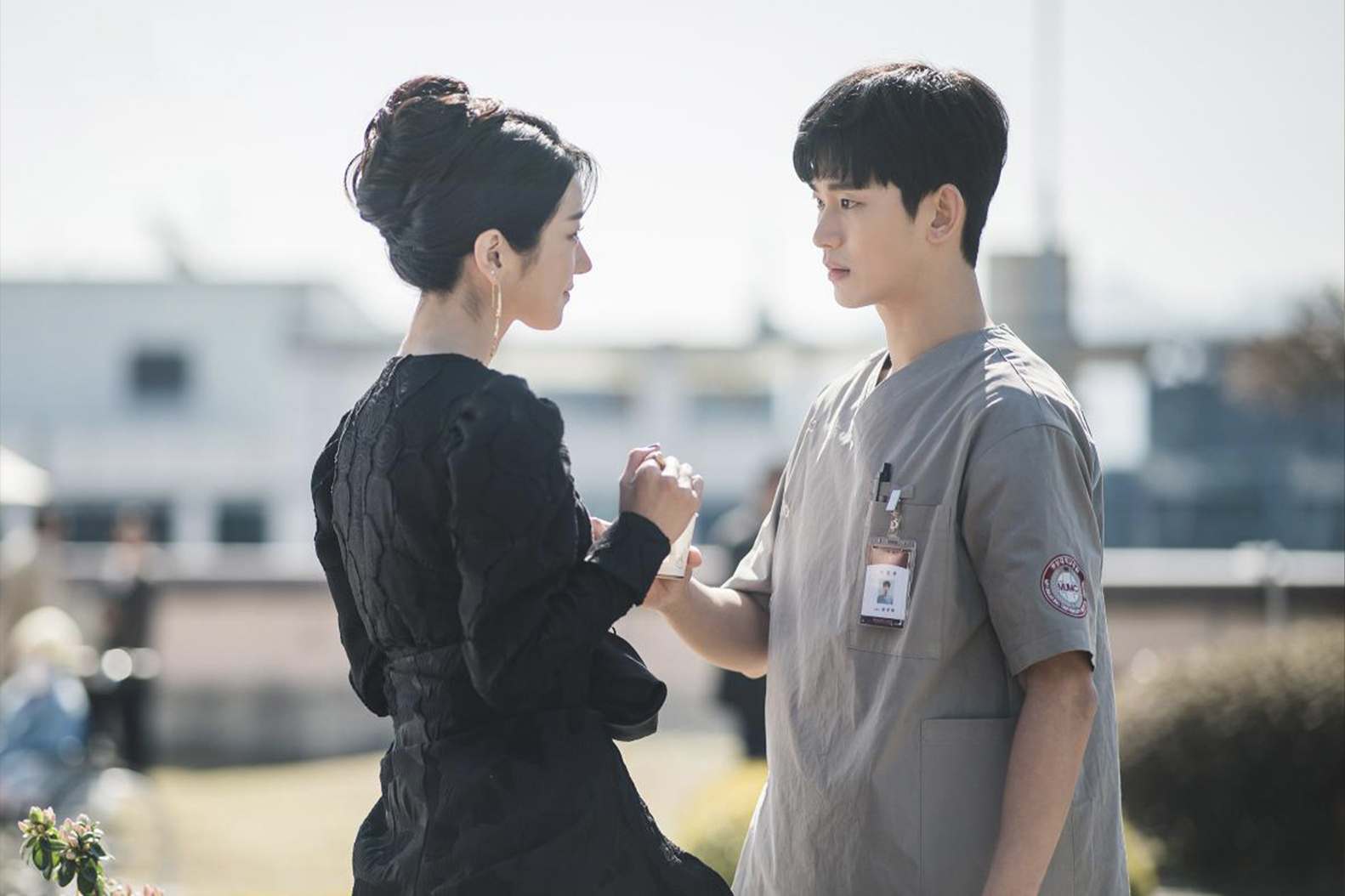
Enter Ko Mun Yeong, a children’s book author with an antisocial personality disorder, played by actress Seo Ye Ji. Unlike Kang Tae, she is careless to the point of reckless, going to extreme lengths to possess whatever she sets her sights on.
It isn’t clear if her mother is still alive, though we do know that she is estranged from both her parents. Her once hugely successful father is diagnosed with a mental disorder and she constantly senses the “presence” of her overbearing mother by her side.
As the characters meet and wrestle with their past experiences head-on, you know this drama is going to be a journey of deep healing for both our leads.
There are many themes that the show explores, from the obvious caregiver fatigue to childhood trauma, but I’m going to focus on one message that impacted me most – highlighted in the episode, Zombie Boy, which is also the title of one of Moon Young’s books.
I’ll get to what I want to say in a bit, but first, some context.
A SLAP OF LOVE
The episode opens with the introduction of a side character, Kwon Gi Do, who is trashing his politician father’s electoral campaign grounds after escaping from the mental hospital where Kang Tae works.
Grabbing the microphone on stage, he reveals that he was neglected by his dad because he was not as smart as the rest of the family and thus seen as a disgrace, especially when his mental illness hit.
“I was the only stupid one in my family. But that’s not my fault. I was just born a little dumb,” Gi Do tells the watching crowd.
“Dad hit me because I didn’t get good grades, he looked down on me because I couldn’t understand properly, he locked me up for causing trouble.
“I mean, I’m also his child. But he treated me like I was invisible. I just wanted his attention.”
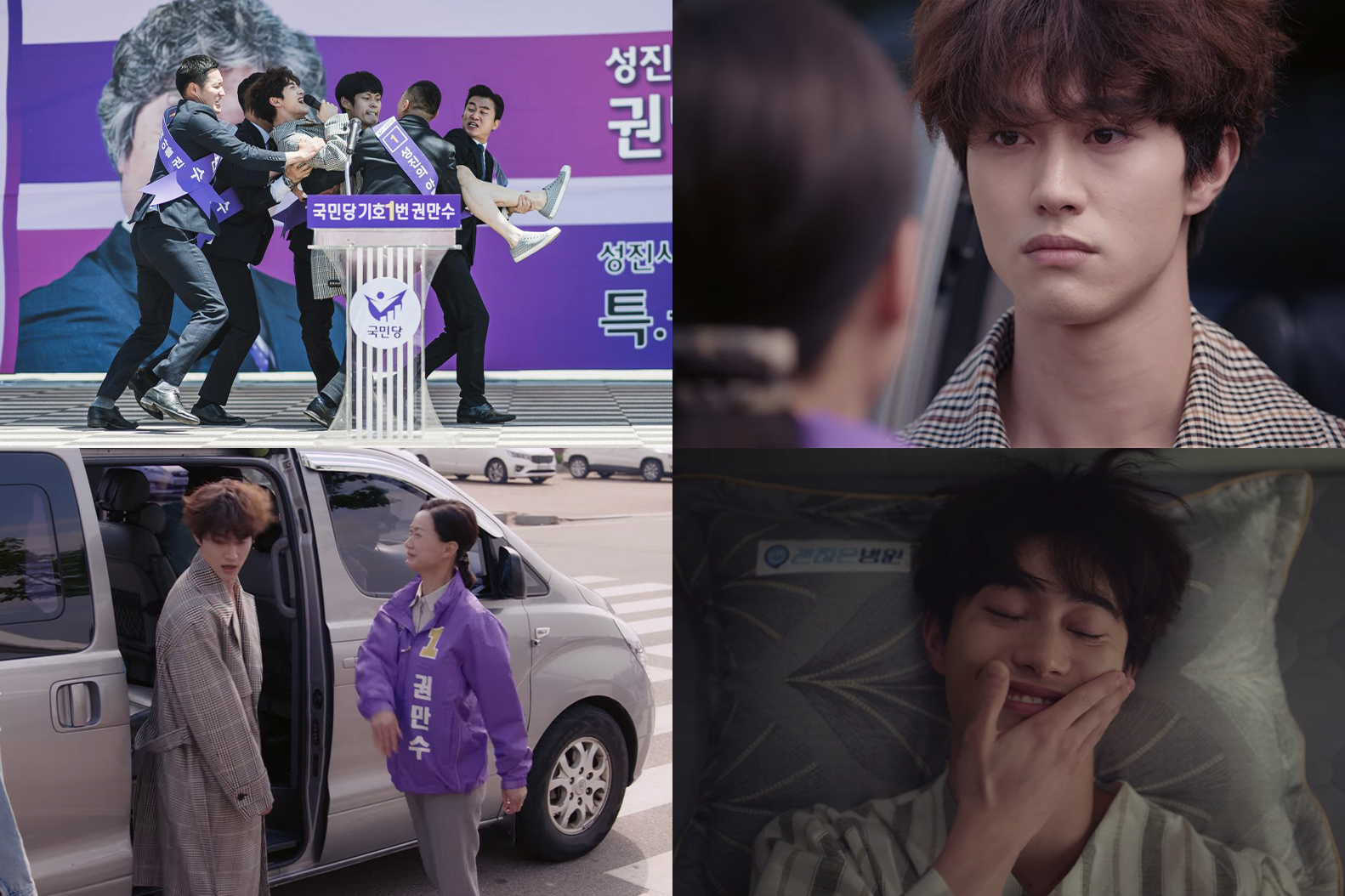
The scene ends with Gi Do being apprehended and sent back to the hospital. When the nurse requests for a family member to accompany him, everybody refuses with the exception of Gi Do’s mum.
Touched as she approaches him, Gi Do looks at her with teary eyes, only to be met with a slap as she chastises him for humiliating the family.
But here’s the strangest part: As she walks away, Gi Do smiles sadly while holding his cheek, remarking that she really must love him.
“You can tell when you’re the one getting hit,” he explains to those around him. “For some reason, when someone hits you with affection, it doesn’t make you upset.”
As Kang Tae looks on at what has just happened, the scene changes and we see a flashback of his childhood.
“Why did you send your brother home first? What were you doing when he was getting beaten up?” His mum berates a young Kang Tae as she hits him. Sang Tae, battered and bruised, sits in a corner, unaware of the severity of the situation.
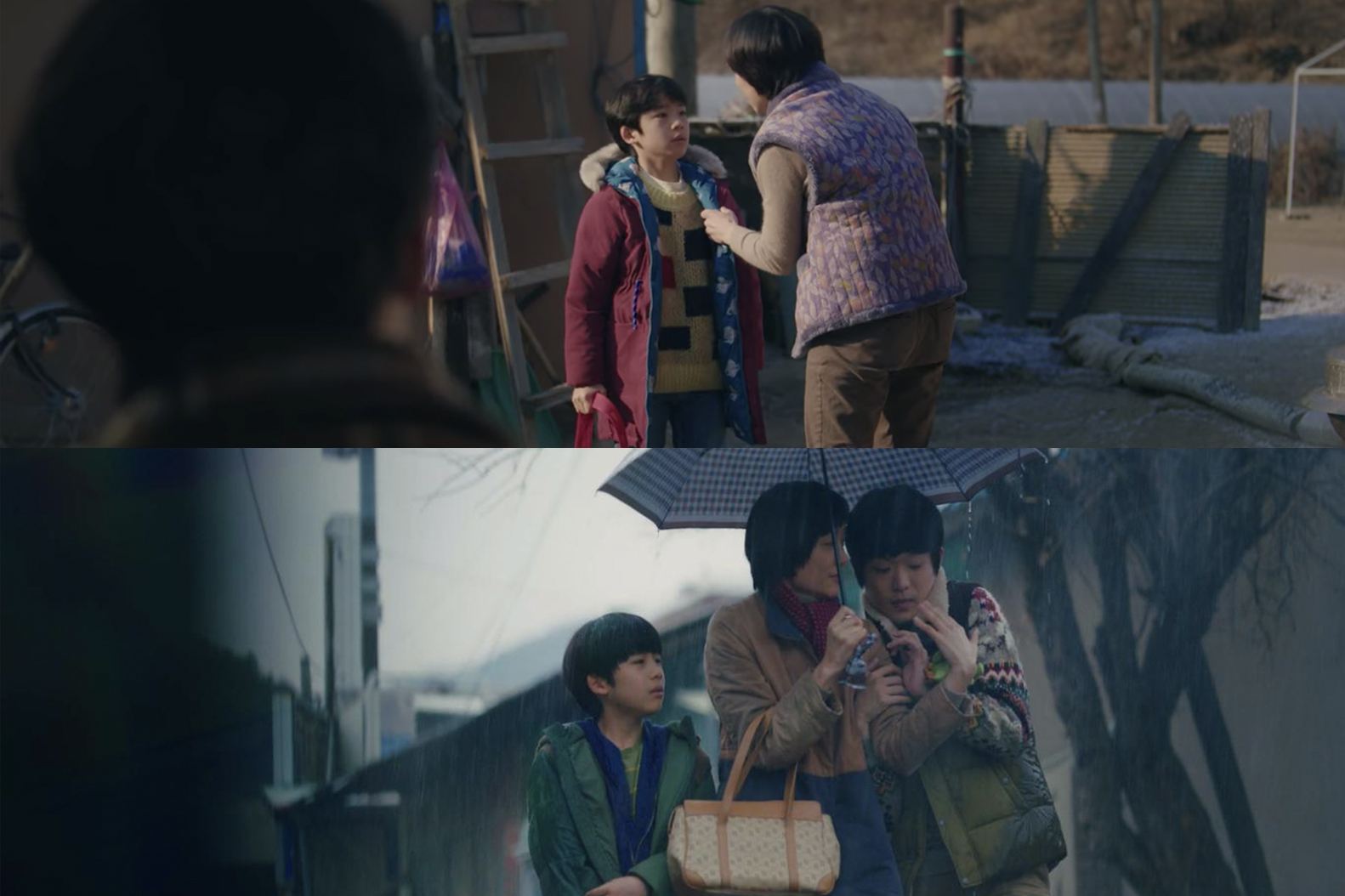
The montage continues, and in the next flashback the family is walking in the rain. However, their mother only pays attention to Sang Tae, taking extra care to shelter him with the umbrella. Kang Tae is left to get wet.
In the final memory, there is finally some tenderness from the mum towards Kang Tae, but as she embraces him, she reminds him to take care of his older brother until the day he dies.
“That’s why I gave birth to you,” she says with a smile. A pained expression flashed past Kang Tae’s face.
A BROKEN LOVE
I think most of us must have resented our parents at least once in our lifetime.
My mum and I recently got into a big – probably the biggest – argument, which resulted in her saying some hurtful remarks to me.
It stung because it felt like a complete dismissal of what I have done for the family. As the eldest child, I was always the one my parents turned to if they had any problems. And I was also the one who shouldered the blame for my sister every time something went wrong.
As the only Christian, I felt like I was the only one who saw value in initiating bonding activities for a family that doesn’t even have the habit of celebrating each others’ birthdays.
Surely all that counted for something?
My mum’s hurtful comments also brought back lost memories of me questioning if I was really her child. My aunt had always been more doting on me; she was the one who bought me presents and celebrated the milestones in my life.
To me then, as a kid, she certainly seemed more like a mum than my own mum!
This is where the story of Zombie Boy comes in.
Towards the end of the episode, Kang Tae finds his brother’s copy of Zombie Boy and begins to read.
Ko Moon Young’s latest book tells of a boy who was born without any emotions except for a monstrous desire to eat – like a zombie.
Afraid that the villagers would see him and be scared, his mother locks him up in the basement and steals livestock from her neighbours to feed him every night.
Years pass and one day, an epidemic wipes out almost every living thing. The remaining survivors in the village decide to leave.
But the mother couldn’t leave her son behind.
“To appease her son’s cries of hunger, she cut off one leg of hers and gave it to him. After that, it was her arm. She gave him all her limbs,” Kang Tae reads out loud. “When she was left with nothing but her torso, she embraced her son for the last time to let him devour what was left of her.”
At this line, we are taken to another flashback of his childhood. Sleeping in between her sons, their mum wakes up in the middle night to cover Sang Tae in his sleep. She never turns to check on Kang Tae.
Staring at her back in silent tears, Kang Tae reaches out to hug her from her behind.
Remembering this, the present-day Kang Tae breaks down as he narrates the ending of the story: “With both his arms, the boy tightly held his mother’s torso and spoke for the first time in his life.
“Mum, you’re so warm.”
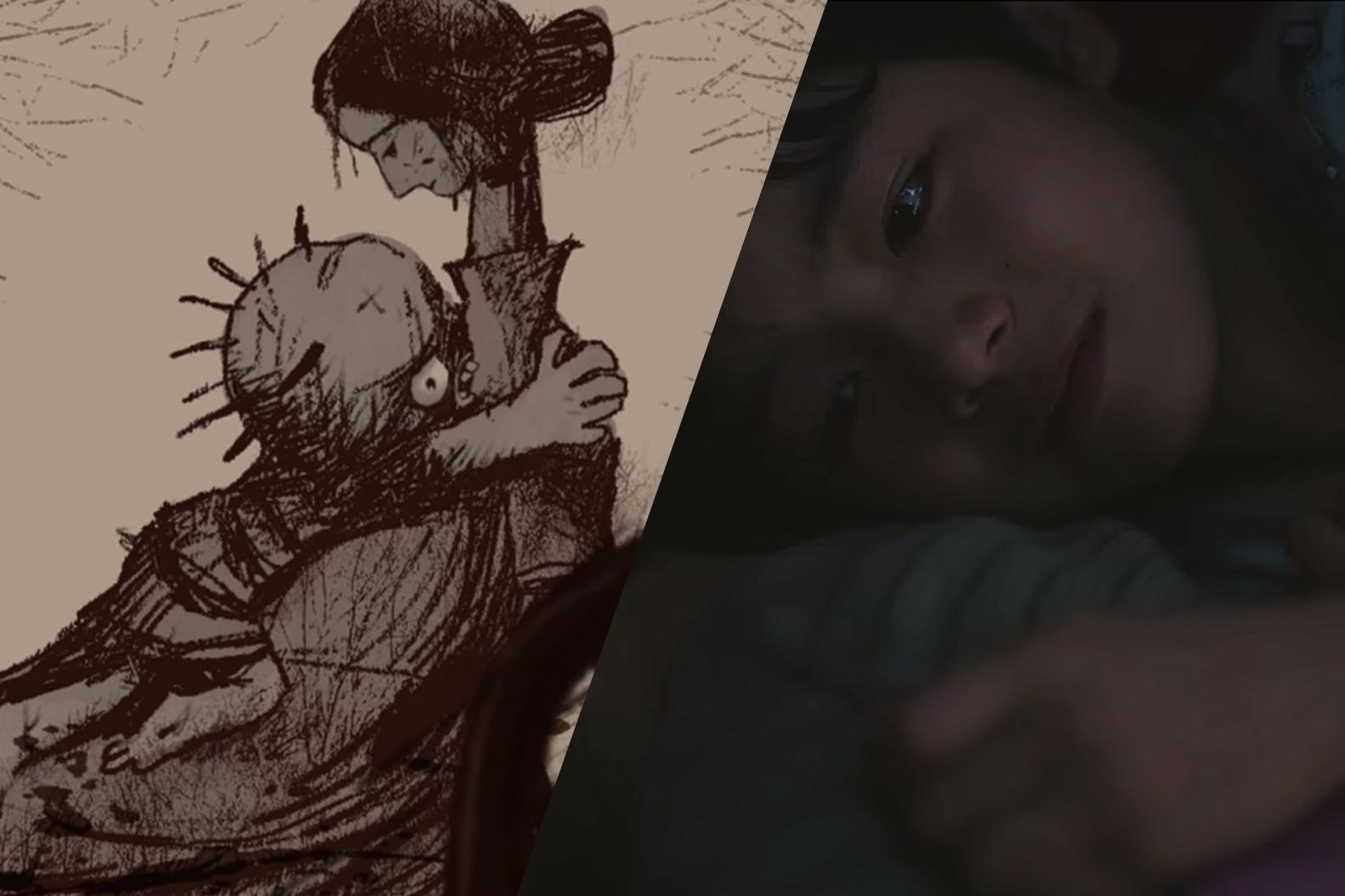
This moment was so profound and heart wrenching that it took a while for the scene to fully sink in.
I don’t think Kang Tae was oblivious to his own disappointments with his mum prior to this story. But perhaps it was the first time he saw it so clearly articulated in the story of another – he saw Zombie Boy’s true hunger for his mother’s presence and recognised it as his own.
And maybe you recognise it too.
But what if there’s an alternative perspective to the story?
AN UNDYING LOVE
In a bonus epilogue, Kang Tae’s best friend, Jae Soo, reads the same book and comes to a totally different conclusion. “I have to be good to my mum!” he cries dramatically.
The same story moved both of them to tears but for very different reasons: One cried because he resonated with the pain of the Zombie Boy while the other cried because he saw, instead, the pain of the mother.
Our interpretation of past experiences builds our beliefs, which are the lenses through which we see and process the present.
Jae Soo wasn’t “wrong” with his reaction, Zombie Boy’s mother did give everything that she had – even her own body – even though she did not realise that was not what her son was most hungry for. She had done her best and gone the distance to love him in her own way.
It would be ideal if all of us could love and be loved perfectly. But reality often doesn’t work that way. Sometimes our actions are misinterpreted, sometimes our intentions get lost in communication. Sometimes our sinful nature gets the best of us.
But it doesn’t necessarily mean our parents didn’t try to love us in the best way they knew how. The stories we tell ourselves of our past or our parents aren’t necessarily all there is to it either.

This is the unspoken message carried throughout the drama and is still being developed in each of the characters, especially the leads.
Kang Tae, Moon Young and Gi Do are adults who are “not okay” due to the types of parenting they grew up with. Now respectively repressed, antisocial or completely out of control, they are the actual “zombies” of the show.
But I believe that they will discover through each other and the life lessons to be encountered that although you can’t change your past or your parents – you can change your perspectives for a better, happier present and future.
The stories we tell ourselves of our past or our parents aren’t necessarily all there is to it.
It brings back to mind what Gi Do says at the very beginning of the episode. He understood that his mother actually loved him despite her actions because he felt her heart for him. It’s how I’ve chosen to see my mother and her imperfect but real love for me.
After all, there is a difference between someone who doesn’t love us and someone who loves us but doesn’t know how to express it the way we want it to be. Human love will always be imperfect.
Extra spoiler alert: In later episodes, even Kang Tae himself starts to recall his childhood memories in a different light. Flashbacks now reveal that his mother had truly cared for him but in his envy, he had unconsciously overlooked those little moments.
It’s easier to remember the unpleasant memories. It’s easier to fall back on the narratives we’ve built in our minds, the stories we tell ourselves.
But if we choose to shift our perspectives a little, perhaps we will find that love was there all along. Because if we don’t, it only serves to starve ourselves of healing and growing in love – of feeling – we will be the ones living as zombies, ever-hungry but never satisfied.
It’s okay to not be okay, but you don’t have to stay that way.
I hope we will all find a little more love today.
- How would you describe your memories of childhood and the upbringing you had?
- Are there traumatic experiences that define what you think and believe as an adult?
- How do you think the parent-child experience and relationship affect you today?
- Bring these thoughts and hurts to God and ask Him how He wants to redeem those painful narratives and the relationship you currently have with your parents.


